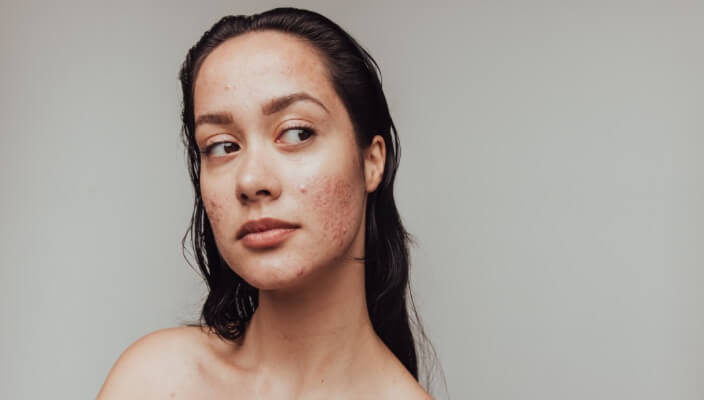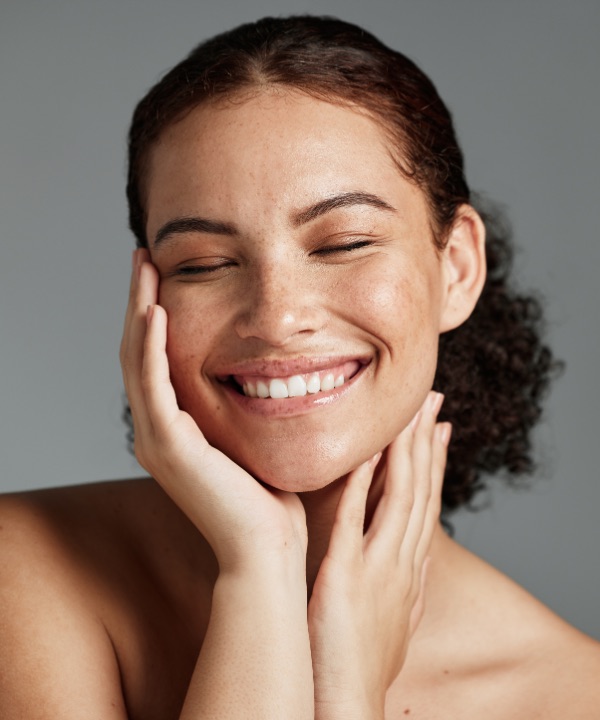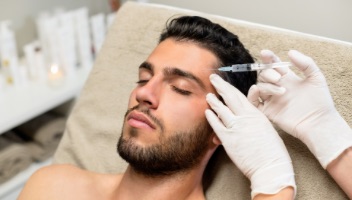Clearing the Confusion: Acne Treatment Options
What Is Acne?
 Acne is a common skin condition that occurs when hair follicles become clogged with oil and dead skin cells. This can lead to the formation of pimples, blackheads, or whiteheads, primarily on the face, neck, chest, back, and shoulders. Acne is most common during puberty due to hormonal changes, but it can affect people of all ages. Factors such as genetics, hormones, diet, stress, and certain medications can contribute to the development of acne.
Acne is a common skin condition that occurs when hair follicles become clogged with oil and dead skin cells. This can lead to the formation of pimples, blackheads, or whiteheads, primarily on the face, neck, chest, back, and shoulders. Acne is most common during puberty due to hormonal changes, but it can affect people of all ages. Factors such as genetics, hormones, diet, stress, and certain medications can contribute to the development of acne. Acne is known to be one of the leading causes of confidence issues in Charlotte women. Learn more about the acne treatment options we offer for various skin types to help you regain confidence in your skin.
Antibiotics
Acne most commonly appears on areas of the body where sweat glands are abundant, such as the face, chest, and upper back. These areas are prone to acne due to increased sebum production and bacterial growth. One effective treatment for acne involves the use of antibiotics. These medications work by targeting and eliminating acne-causing bacteria while also reducing skin inflammation. Depending on the severity of the acne, antibiotic treatments typically show results within 3 to 4 months. Topical antibiotics, such as clindamycin and erythromycin, are applied directly to the skin, preventing bacterial penetration into the pores. Macrolide antibiotics, which are gentler, are suitable for individuals who cannot tolerate stronger medications, such as pregnant women and children.
Light Therapy
Light therapy is another approach to treating acne, by using the power of various wavelengths of light to rejuvenate the skin and promote healing. This therapy stimulates collagen production, aiding in skin clarity and overall health. Our dermatologists frequently recommend light therapy for individuals with conditions like eczema and severe acne. By slowing down cell growth, light therapy addresses the root causes of these skin issues. A typical session lasts about 30 minutes and can provide results lasting from 4 weeks to three months. Besides treating acne, light therapy offers the added benefits of reducing wrinkles and enhancing skin radiance, making it a versatile and effective treatment option.
Home Remedies
If you prefer to avoid prescription medications, there are several home remedies you can try to manage acne. Begin by washing your hands and face twice daily with gentle soaps or cleansers to remove dirt and excess oil. Avoid using harsh products like face masks or scrubs, as they can exacerbate acne. Instead, opt for non-comedogenic creams rather than oils, which can irritate the skin. It's also crucial to protect your skin from the sun, especially if you're using acne medications that increase sun sensitivity. Remember, never pick, scratch, or pop acne pimples, as this can lead to scarring and prolong the healing process.

Let Us Treat Your Acne
Taking care of your skin is our top priority. After all, it is what gives you the most confidence the moment you wake up and before you go to bed. Our team of skin professionals is here to help you look and feel your best. If you have any queries related to your skin or you’d like to get evaluated to set up a good skincare routine that works best for you, contact Dermatology Specialists of Charlotte.
Featured Products for Acne
Check your local office for current stock!
Check your local office for current stock!
Related Blog Posts

- Cosmetic Treatments
Microneedling is a minimally invasive procedure performed at Dermatology Specialists of Charlotte that does a lot better to your skin than you think. Read more about the top benefits of microneedling.
Read More
- Botox
- Injectables or Fillers
- Cosmetic Treatments
Learn more about BOTOX and it's benefits, a cosmetic treatment offered at Dermatology Specialists of Charlotte.
Read More
- Skin Care
- Cosmetic Treatments
Unlock the secrets to achieving radiant, glowing skin. Explore expert tips and skincare routines tailored to nourish and revitalize your complexion, empowering you to embrace a luminous and youthful appearance.
Read More
